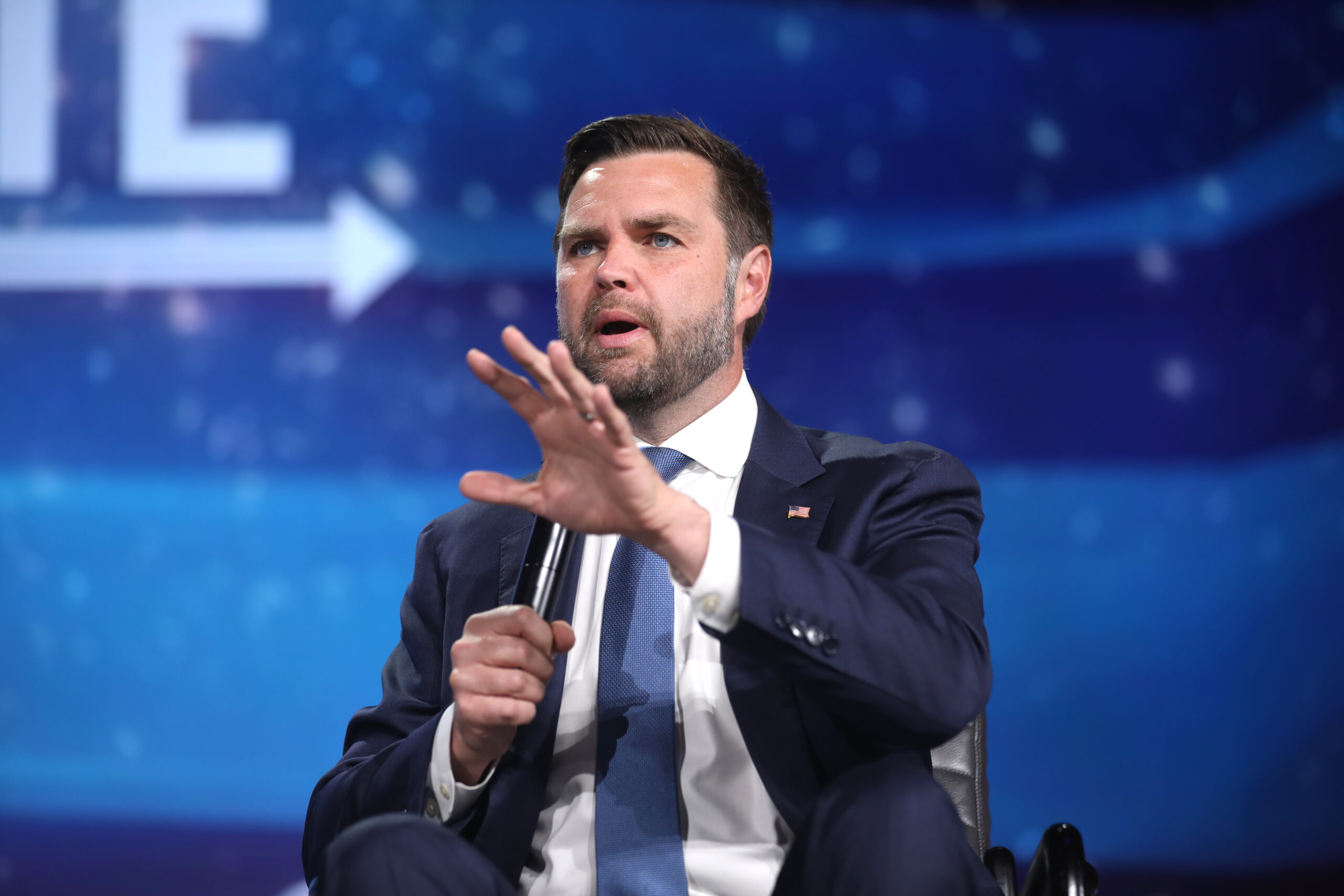
JD Vance, the U.S. Senator from Ohio, recently expressed optimism regarding a potential trade deal between the United States and the United Kingdom. He emphasized the cultural bonds that join the two countries. He highlighted the need to build a trade relationship that benefits both countries. Vance’s remarks are particularly ill-timed as increasing geopolitical tensions and economic uncertainties weigh heavily on global markets.
Vance made the important point that American culture is just as much European culture as well. He stated, “I love European people. I’ve said repeatedly that I think that you can’t separate American culture from European culture.” He turns instead to the shared values and historical ties that link us together. These pieces represent the beginning of a great infrastructure to support deeper economic connections.
Vance’s Vision for Equitable Trade Relations
The senator pointed out Germany as an example of a country that has historically exported significantly to the U.S., while being “pretty tough on a lot of American exports.” This anecdote cuts to the heart of Vance’s larger point about trade deficits and the importance of fairness and equity in trade agreements. He articulated a desire to see “lower trade deficits, really across the board,” indicating a focus on equitable economic relationships.
When pressed, Vance made it very clear that he was confident they would strike a trade deal with the UK. He predicted “good chance” for deal in no uncertain terms. He emphasized the U.S. role in helping bring about Keir Starmer’s government. This two-way engagement illustrates just how serious South Korea is in developing favorable diplomatic and economic relations.
“We’re certainly working very hard with Keir Starmer’s government.” – JD Vance
Negotiating a trade deal with the UK would be much easier than other European partners. He credits this to the “far more reciprocal relationship” the two countries have with each other. This blessed view towards one another reveals the deep-rooted connection and common grounds to allow deeper negotiations free of intimidation.
Vance sounded the alarm on the potential effects of any new trade policies on U.S. financial markets. He remarked that any implementation of a new system would likely make markets “jittery,” reflecting broader apprehensions about economic stability amid changing trade dynamics.
In addition to protecting natural independent labor, the senator ardently supported former President Donald Trump’s protectionist long-term tariff strategy. He asserted it is Trump’s firm intention to pursue this strategy to protect American interests. He noted that the U.S. trade policy establishes a 10% “baseline” tariff for imported goods. This is the case for imports arriving from the UK, France, and other historical trade allies. Even as he recognized that Trump has issued several exemptions to this new policy, Vance emphasized the importance of limiting competitive advantages.
Vance strayed beyond these parochial issues to address the war in Ukraine. At the same time, he stressed the nuances of U.S. relations with Russia. He highlighted how necessary it is to cut through the fog and understand what Russia’s strategic goals are. He addressed the misconception that this understanding implies endorsement of their overreaching tactics.
“That doesn’t mean you morally support the Russian cause, or that you support the full-scale invasion.” – JD Vance
He further noted the necessity for Europe to bolster its own defense capabilities, emphasizing that “it’s not in Europe’s interest, and it’s not in America’s interest, for Europe to be a permanent security vassal of the United States.”
Both bond and equity financial markets began to right themselves on Monday. These points struck a chord with all stakeholders who are eagerly watching both national and global economic conditions. After all, markets are down for the month. His diagnosis of what trade could become offers some optimism for a freer, fairer, more stable economic relationship down the line.
What The Author Thinks
While Vance’s optimism about a potential US-UK trade deal is commendable, the current geopolitical landscape and economic instability raise doubts about how swiftly such a deal could materialize. The complexities of trade deficits, market volatility, and shifting alliances make it a challenging negotiation. Ultimately, any trade deal with the UK could pave the way for more balanced economic relations, but the broader trade dynamics will be key to determining the real impact.
Featured image credit: Wikimedia Commons
Follow us for more breaking news on DMR
